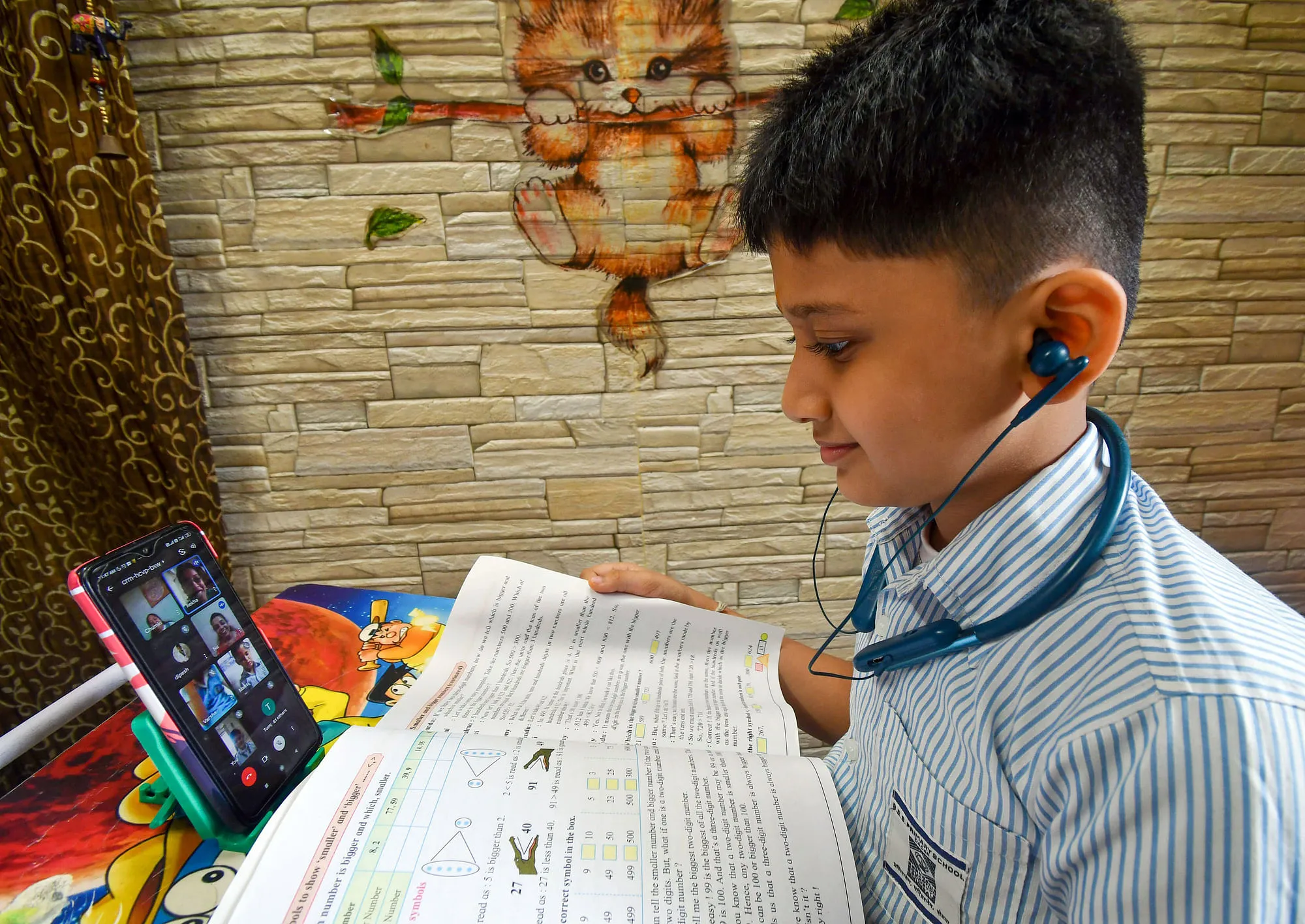Syed Rizwan Geelani
The J&K’s school education department has witnessed a decline in the Gross Enrollment Ratio (GER) and Net Enrollment Ratio (NER) from primary to upper primary level of schools, throwing a major challenge for the government to reduce the number of Out of School Children (OoSC).
The revelation came to fore during a meeting chaired by J&K Chief Secretary Arun Kumar Mehta to review the implementation of the Centrally Sponsored Scheme, Samagra Shiksha.
The education department showcased its performance and achievements during the meeting to which the Chief Secretary stated that there was still considerable ground to cover to come up to the level of the national benchmarks. The school education department has shown a significant improvement with regard to the GER at primary and upper Primary level schools.
As per the minutes of the meeting the GER at primary level has improved from 79.93 percent in 2019-20 to 93.16 percent in 2020-21 while it has improved from 68.06 percent in 2019-20 to 93.16 percent at upper primary level schools in 2020-21 academic year.
“There is a significant decline in the gross enrolment ratio and net enrolment ratio from primary to upper primary level which indicates that a significant proportion of enrolled students drop out after Grade 5 for some reasons,” J&K Chief Secretary has observed in the meeting.
Notably, the major objective of Samagra Shiksha is to provide quality education and enhance learning outcomes of students besides bridging social and gender gaps in school education. The scheme also aims at ensuring equity and inclusion at all levels of school education.
“The number of out of school children in the age group of 6-17 years should be reduced,” Chief Secretary said in the meeting. The school education department has been advised to bring these children back on priority into the educational fold and prevent further students from dropping out.
“This will help the department to achieve the goal of having 100 percent GER in pre-school to secondary level,” read the minutes of the meeting.
The Chief Secretary has further directed the department to involve Panchayats in the monitoring of the primary schools and institute a mechanism of obtaining monthly reports from panchayats on performance of the teachers in the schools. “A feedback should be taken from the students about their experience of teaching in the classes,” he stated in the meeting. The department was also directed to prepare a framework for assessing the competency of the teachers. Thus has to be done on the basis of the achievement of learning outcomes by the students during the year so that capacity building of teachers, wherever necessary, is also made a part of overall focused policy action in the education sector.
The Chief Secretary has also observed that the students should have suitable opportunities to catch up and re-enter schools in case they have fallen behind or dropped out of schools. “This will help to achieve universal participation in school by carefully tracking students and their earning levels,” he said. He directed the department to put in place a suitable facilitating system for providing equitable and quality education from foundational stage to class 12th. “Irresponsible behavior should be discouraged and adequate deterrence should be built into the system,” he said.
Arun Kumar Mehta has further instructed the department that the fall of drop out ratio beyond an acceptable level in a given school should be made an area of responsibility of the teachers in that school. “Accountability of the errant teachers should be fixed in case the enrolment declines below the acceptable level,” he said.







